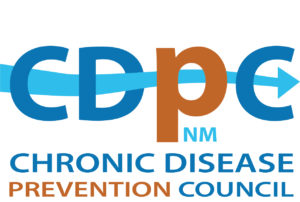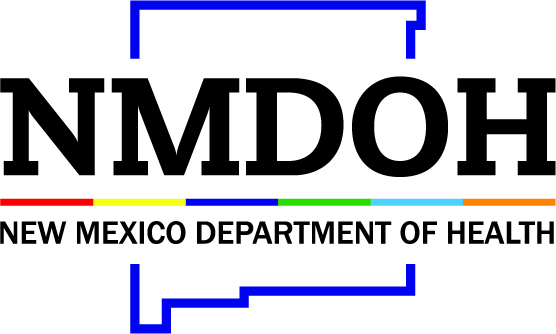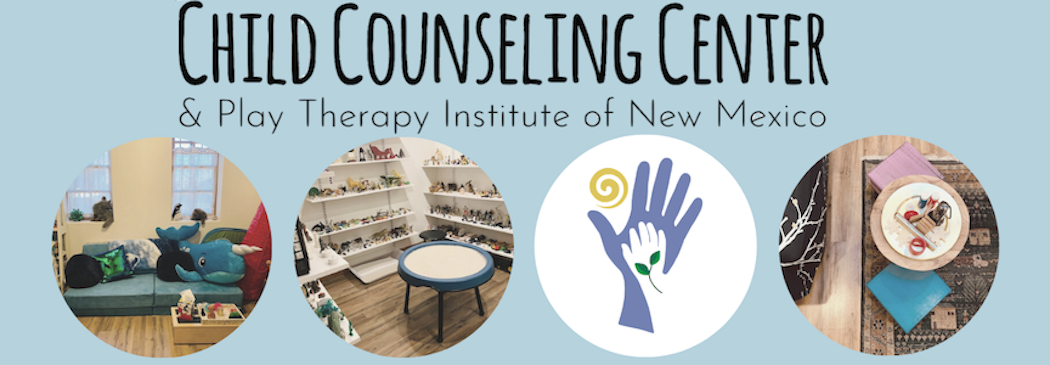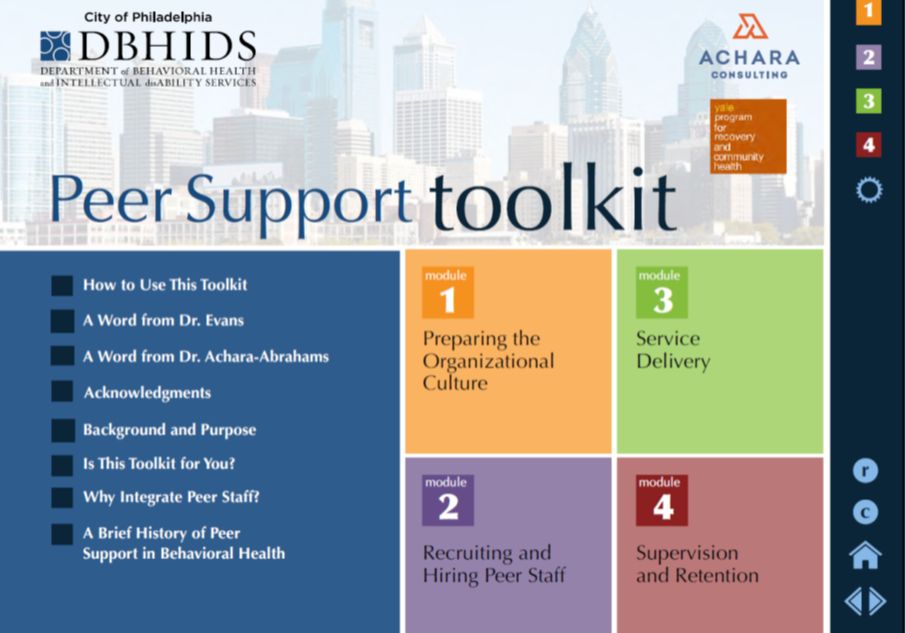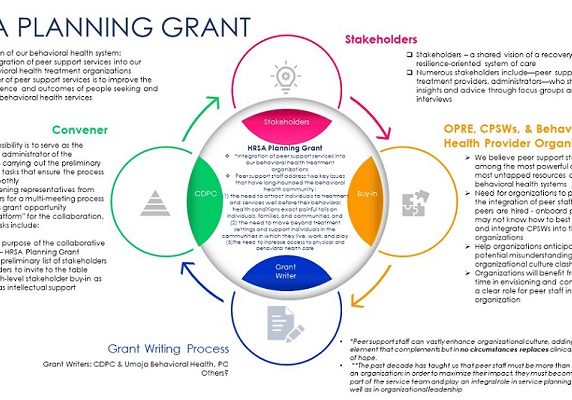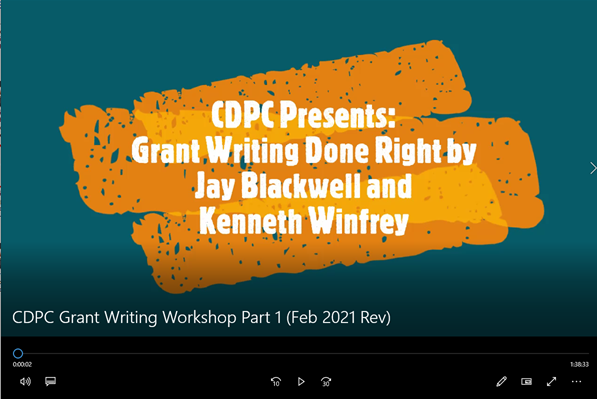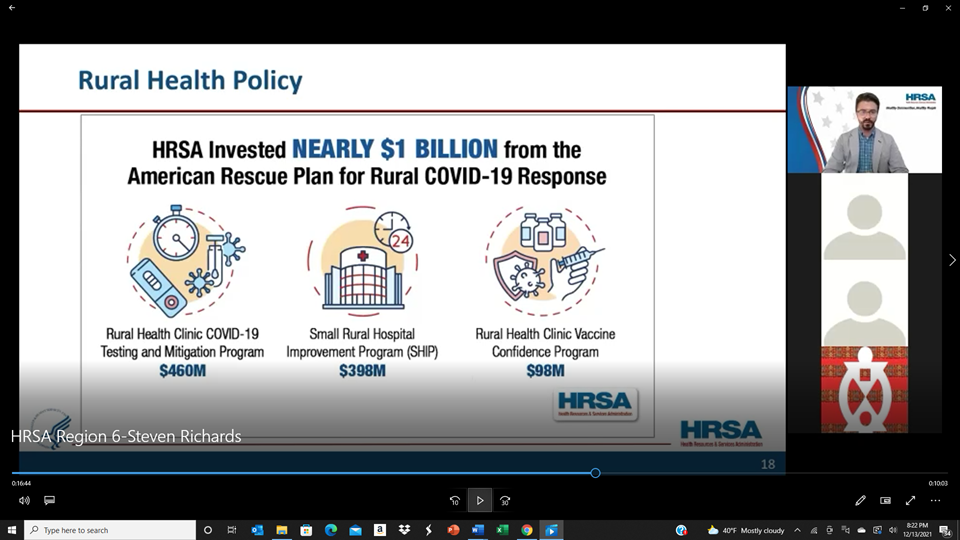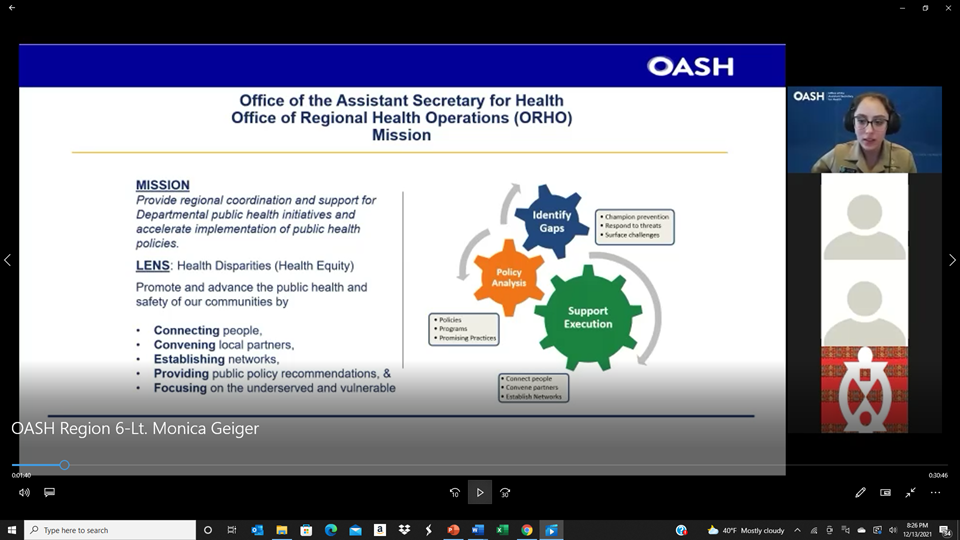About the Sustainability & Funding Workgroup
One of the most often-quoted truisms is that nonprofits should seek as much diversity in their revenue streams as possible.
Sustainable funding is critical to any organization as we scale and plan for the future. It’s easy to get used to traditional types of funding – and become dependent on them.
The decision to pursue additional revenue streams is a vital question of strategy for any nonprofit. There’s no substitute for understanding the ins and outs of an issue and then smartly applying them to your own situation. This is one of the primary reasons for this workgroup’s existence, to help develop grant application best practice trends for New Mexico non-profits.
Most nonprofits are heavily – or even fully – dependent on philanthropy. Philanthropy alone is no longer sustainable for most growing nonprofit organizations. Developing a sustainable funding strategy should be a priority as you budget, plan, and prepare for the future.
Perhaps the government grant does not pay full costs of the service required to fulfill it, and therefore requires otherwise precious unrestricted money to supplement a specific contract. And perhaps the social enterprise demands more than its fair share of staff attention—producing more angst than cash. The fact is that every revenue source requires some transaction costs: money, time, and attention. Every revenue source has its own level of restriction, from complete to none at all, and this affects autonomy and adaptability.
Join our workgroup for meaningful discussions, insights, grant writing tips, and best practices. This workgroup brings together individuals seeking funding. CDPC will act as convener and warehouse of grant information.
This web page is under construction...more complete information will be updated as our workgroup grows!
he Peer Support Toolkit is an interactive PDF that presents key information in brief reads, yet preserves your opportunity to delve deeper into subjects—as your time and interests dictate—with just a click.
The interactive format makes it easy to access content in an order that makes sense to you and to skip over content you don’t need in the moment. At the same time, this toolkit retains the essential benefits of a PDF format. For example, you can share this file by email and print individual pages or the document as a whole. You can also use the “find/search” feature to search this toolkit by keyword just as you would any PDF.
The toolkit is organized in four modules, each addressing specific implementation issues relevant to agencies in various stages of integrating peer support services.
The toolkit is designed to be downloaded to a device and opened with Adobe Acrobat.
Please send correspondence about this toolkit to info@acharaconsulting.com.
Transformation of our behavioral health system:
- **Integration of peer support services into our behavioral health treatment organizations
- Power of peer support services is to improve the experience and outcomes of people seeking and using behavioral health services
- **Peer support staff can vastly enhance organizational culture, adding a crucial element that complements but in no circumstances replaces clinical care: the element of hope.
- **The past decade has taught us that peer staff must be more than merely present in an organization; in order to maximize their impact, they must become a fully integrated part of the service team and play an integral role in service planning and delivery as well as in organizational leadership
Learn more >>
CDPC Grant Workshops
Grant Writing Done Right- Part II
Funding Applications – What Agencies Need to Provide to Get the $
Jay Blackwell, MA & Kenneth Winfrey, LCSW, RYT
~ Organizing the Budget Process
~ Triaging of Fiscal Health
U.S. Department of Health and Human Services
Health Resources and Services Administration (HRSA)
Steven Richards, Public Health Analyst
Office of the Assistant Secretary of Health
Office of Regional Health Operations (OASH)
Region 6
Lieutenant Monica Geiger
Workgroup Chair

Jay Blackwell, MA
Umoja Behavioral Health, PC
Chair of CDPC Sustainability & Funding Workgroup
Jay is the Director of Programs at Umoja Behavioral Health PC in Albuquerque, NM where he continues to utilize his extensive background in public health, community development and organizational excellence by participating in several community and regional activities. He previously consulted with the US Department of Health and Human Services in the Office of Minority Health and Resource Center. There, he focused on assisting underfunded and underserved communities and organizations. For the last two decades, his professional services in the public health field have included assisting his clients improve health care access and treatment services to at-risk populations. Mr. Blackwell is considered an expert trainer and facilitator in organizational infrastructure and resource development strategies and techniques.
Workgroup Members
